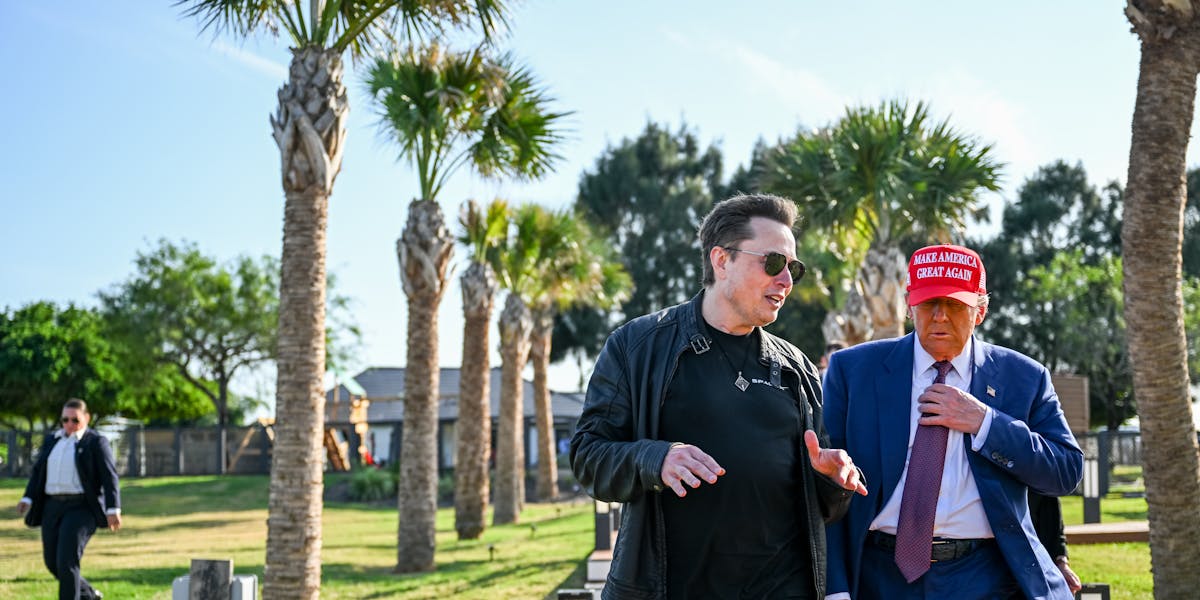
Elon Musk Joins Trump at Secret $1 Million per Plate Dinner
- 19.03.2025 05:23
- newrepublic.com
- Keywords: corruption, lobbying
Elon Musk attended a secret $1 million-per-plate dinner with Donald Trump at Mar-a-Lago. The event, unannounced on the White House schedule, sparked ethical concerns over fundraising and influence.